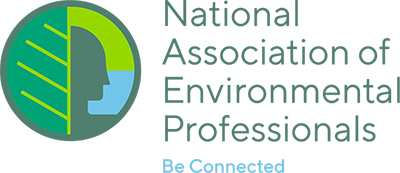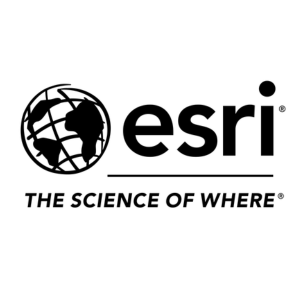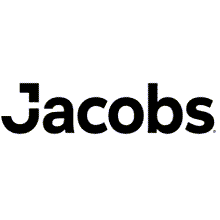- About NAEP
- Membership
- NAEP Chapters
- Working Groups
- Events and Programs
- Awards/Scholarships
- Resources
NAEP 2026 Call for AbstractsMay 11–14, 2026 | Anchorage, AlaskaTopics | Submission Guidelines | Abstract Quality | Point of Contact | NAEP is now accepting abstracts to showcase your work to an audience of national and Alaskan environmental professionals at its 2026 Annual Conference and Training Symposium happening May 11–14, 2026, in Anchorage, Alaska. Abstracts can be submitted for oral presentations, posters, workshops, and special sessions on national and Alaska concern. The Call for Abstracts is now open. Before submitting, please take a moment to view the topics and the proposal submission guidelines. Abstracts must be 450 words or less and in a Microsoft Word document (Time New Roman, 12-point font). Abstracts need to include one or two keywords that describe the general category of the paper. If known, abstracts should identify a moderator or session chair and provide contact information. Abstracts will be accepted until November 1, 2025. However, abstracts received after the deadline will be considered until the conference schedule is finalized and announced, which is expected to occur in January 2026 or shortly thereafter. Speakers are encouraged to submit their abstracts by the submission date to ensure that their abstract is given priority in the review by the Conference Committee. Submit an AbstractEverything you need to prepare an abstract for the 2026 Annual Conference is available on this webpage. TopicsThe following are suggested topics, but others may be submitted:
Abstract Submission GuidelinesEach Speaker/Panelist/Session Coordinator must have their own NAEP online account. You do not need to be a member of NAEP to create a profile and submit an abstract. When you submit an abstract, you will be prompted to create a free NAEP profile, if you don’t have one already. Abstracts can be submitted for oral presentations, panel discussions, posters, workshops, moderated debates, and special sessions of national concern. To submit a proposal to present a session at the NAEP Conference you will need to gather the following information:
Abstract QualityAll abstracts submitted by the deadline will be evaluated for selection. NAEP will select abstracts based on quality over quantity. Abstracts should present new ideas or approaches; lessons learned from projects; critical reviews of laws, regulations, or cases; and emerging science or innovative methodologies, among others. Topics are meant to be educational for environmental professionals. Therefore, abstracts that are technical in nature will be given preference. Session presentations that appear to primarily serve as an advertisement for a specific firm or technology will not be accepted. Given the number of speaking slots available, if an abstract is not selected for a speaking session, NAEP may invite the author(s) to instead develop a poster presentation for the poster session. Point of ContactThe submitter of the abstract proposal will be listed as the Session Coordinator for the proposal, meaning they will act as the point of contact with the NAEP Office. For proposals with multiple speakers, we will reach out directly to the Session Coordinator if there are any questions or if we need additional information regarding the proposal. The Session Coordinator will be asked to communicate acceptance to any/all speaker(s) and coordinate with the NAEP Office and any/all speaker(s) to be sure all required information and documentation are submitted to the NAEP Office. Speaker Benefits and ExpectationsSpeakers for selected sessions will have their name, bio, and headshot published on the conference website and in the conference app. Speakers will receive a discounted speaker rate to register for the full NAEP 2026 Conference, but all speakers must register. Each speaker will be responsible for any additional expenses required to attend the Annual Conference, such as travel and lodging. All speakers for proposals selected to present at the NAEP 2026 Annual Conference and Training Symposium will be required to:
Speakers selected to present are expected to attend in person. Unforeseen events occur; however, failure to provide NAEP adequate notice of a planned absence could result in future abstracts being rejected. In addition, NAEP retains the right to bar future abstract consideration based on past performance (e.g., absences without adequate notice, overt marketing presentations, etc.). |



